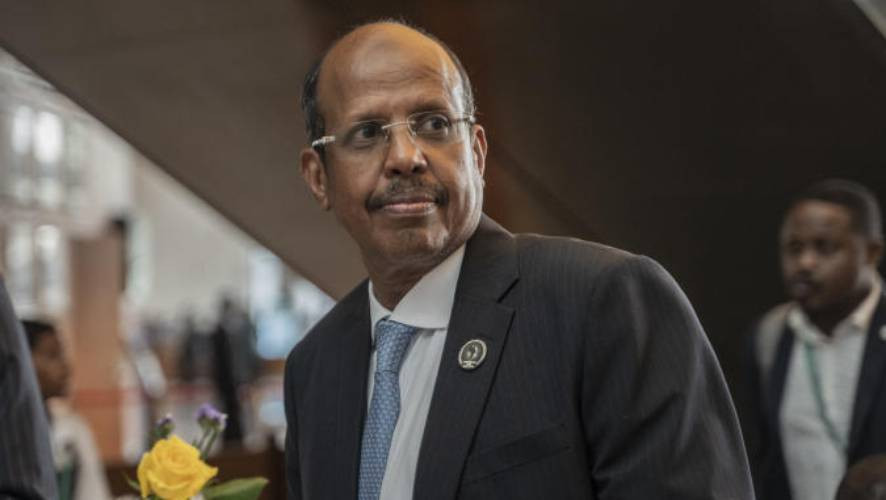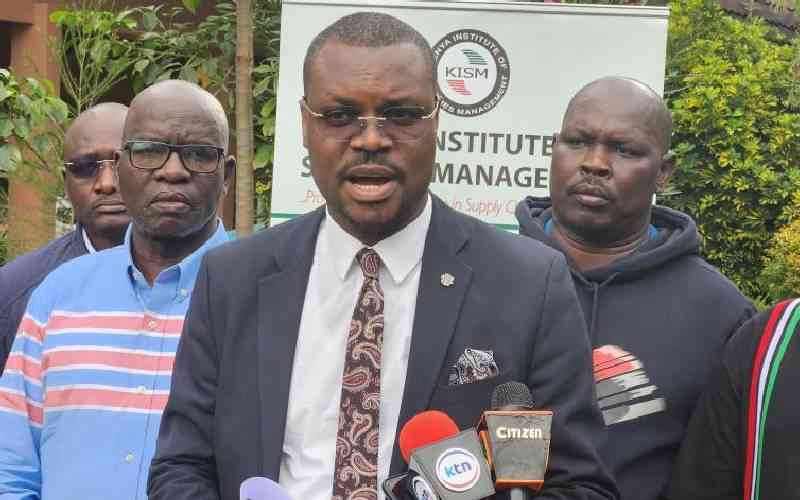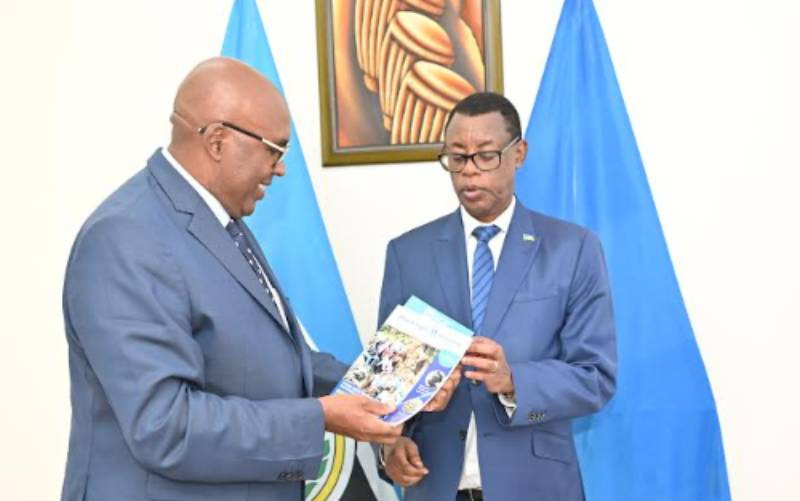By Edward Ouko
As a Jubilee year for Kenya, we should pause and count our blessings. We are on the verge of an economic renewal going by recent discovery of mineral resources far and wide; most significantly in regions showing extreme poverty levels. Talk of life beginning at fifty. As if the blessings were pegged to having a new Constitution, since its promulgation there have been discoveries of underlying riches: titanium in Kwale, oil and water in Turkana and coal in Kitui. God knows what discovery is coming up next. Kenya has joined the league of other countries in Africa including Botswana, Mozambique, Namibia, Zambia, Tanzania, Southern Sudan, Sudan, Nigeria and others endowed with natural resources.
These discoveries provoke us to consider some questions: how well are the resources going to be managed? What mechanisms are we putting in place to promote accountability and transparency in the exploitation of these resources? Given our track record in managing public funds, how will we assure the citizens of accountability by properly managing the natural resources?
Will the existence of minerals and natural resources in Kwale, Kitui and Turkana mean that these counties will now occupy the revered status of “Newly Wealthy Counties”; and Kenya as a “Newly Wealthy Country”?
In Africa, abundance in natural resources, particularly oil, has seemingly been a curse rather than a blessing. One hopes that this is not what awaits Kenyans. We are lucky that there are examples that we can avoid.
Our neighbour Uganda is not one to be emulated. An article captured in The East African of August 3 to 9, 2013 evokes the sentiments of Uganda’s Auditor-General who criticised the state’s intention to set up a state agency to manage the oil sector, with restricted oversight by the Ugandan National Audit Office.
Ultimate transparency should guide basic legal instruments such as the Mining and Petroleum Acts. As a starting point, the Government should consider joining the Extractive Industries Transparency Initiative (EITI). This is a voluntary membership of about thirty countries globally, with an aim of increasing transparency and accountability in natural resources revenue management.
The EITI standard makes it obligatory for oil, gas and mining companies to publish what they pay to the government and the government to publish what they receive from these companies. Such gestures will partly assure Kenyans that every resource extracted from the land is accounted for. At the moment we have about eight countries in Africa that are compliant with this reporting standard. More African countries should be encouraged to join EITI. We must aim to emulate countries such as Botswana, Namibia, and South Africa who have demonstrated the benefits of managerial accountability in the utilisation of natural resources for the national good.
 The Standard Group Plc is a
multi-media organization with investments in media platforms spanning newspaper
print operations, television, radio broadcasting, digital and online services. The
Standard Group is recognized as a leading multi-media house in Kenya with a key
influence in matters of national and international interest.
The Standard Group Plc is a
multi-media organization with investments in media platforms spanning newspaper
print operations, television, radio broadcasting, digital and online services. The
Standard Group is recognized as a leading multi-media house in Kenya with a key
influence in matters of national and international interest.
 The Standard Group Plc is a
multi-media organization with investments in media platforms spanning newspaper
print operations, television, radio broadcasting, digital and online services. The
Standard Group is recognized as a leading multi-media house in Kenya with a key
influence in matters of national and international interest.
The Standard Group Plc is a
multi-media organization with investments in media platforms spanning newspaper
print operations, television, radio broadcasting, digital and online services. The
Standard Group is recognized as a leading multi-media house in Kenya with a key
influence in matters of national and international interest.





